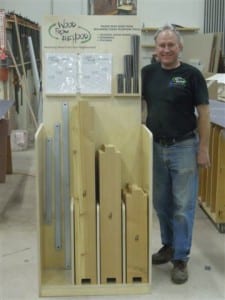Green: Environmental businesses seen as growth opportunity for Minneapolis
by Burl Gilyard Staff Writer, FINANCE AND COMMERCE
(the following article was published in Finance and Commerce)
 Meet Rick Siewert, poster boy for the promise of “green jobs” that politicians often chatter about.
Meet Rick Siewert, poster boy for the promise of “green jobs” that politicians often chatter about.
Siewert’s father founded the Minneapolis-based Siewert Cabinet & Fixture Manufacturing Inc. in 1965. Today, the company employs 48 people at in south Minneapolis along Minnehaha Avenue.
Siewert’s firm is certified by the Forest Stewardship Council. That means the company’s products can boost LEED (Leadership in Energy and Environmental Design) ratings for building projects.
“We try and stay ahead of the game as far as LEED goes,” Siewert said.
Meanwhile, Siewert and his wife, Cindy, have started another business: Wood from the Hood, a cleverly-named concern which turns discarded urban timber into high-quality hardwood.
“We saw the waste going on,” Siewert said. “Something needed to be done.”
“Right now, it’s a small-time operation,” Siewert said of Wood from the Hood. But Siewert believes that the operation can grow, which brought him to the Chambers Hotel in downtown Minneapolis earlier this week for a meeting where the menu featured granola, yogurt and networking.
There, city of Minneapolis leaders and the Minneapolis Regional Chamber of Commerce convened its first-ever formal meeting to tout Minneapolis-based “green” businesses and encourage collaboration among the firms.
“I think we’re seeing the way that we’ve been living literally running out of gas,” Minneapolis Mayor R.T. Rybak told the small gathering. “The economy of the United States is being reborn on a green platform. This is a revolution that starts from the ground up.”
Rybak touted a new era of producing green products within the city limits.
“This is a brain-power city and a brain-power state. We need to make things in this city,” Rybak said. “It’s a wonderful thing to try to make a green product. It’s not so wonderful to make it out in the middle of a cornfield where someone has to drive 45 minutes to get there.”
The city’s Community Planning and Economic Development (CPED) department, working with the office of Council Member Scott Benson, has been cobbling together a list of green businesses in the city.
As of this week, the unofficial tally stands at 165 businesses.
But what defines a “green” business?
City staffers acknowledge that the definition is evolving and the list is a work in progress. The current tally includes retailers, restaurateurs, architects, printers, nonprofits and others.
The state’s Green Jobs Task Force currently has a working definition that broadly includes four categories of businesses: green products, renewable energy, green services and environmental conservation.
“The ultimate definition that the city uses will parallel what the state comes up with,” said Emily Stern, a senior project coordinator with CPED.
“We’re trying to make the list as comprehensive as possible,” Stern said.
Minneapolis-based investment bank Piper Jaffray Companies may not seem like a natural candidate, but they’re on the list.
“They do have a business line that is investing in renewable technologies and businesses,” Stern noted.
Other attendees at the meeting included a representative of Houston-based Horizon Wind Energy, which in September opened a local development office at the Wyman Building in the Minneapolis Warehouse District.
Green businesses are seen as a growth opportunity for the city. But others see challenges for efforts to go green in today’s tough economy.
Michael Anschel, a principal with Minneapolis-based design firm Otogawa-Anschel Design + Build, said that his firm is seeing clients who are wary of paying a little extra for green products. For example, clients may opt for cheaper, imported wood instead of local wood.
“People right now are not confident and they’re pulling back,” Anschel said.
Mayor Rybak preached collaboration and teamwork among the businesses, and encouraged attendees to visit his Facebook webpage and send ideas directly to him.
“We want you to talk to each other,” Rybak said. “We want to be buying local products.”


No Comments